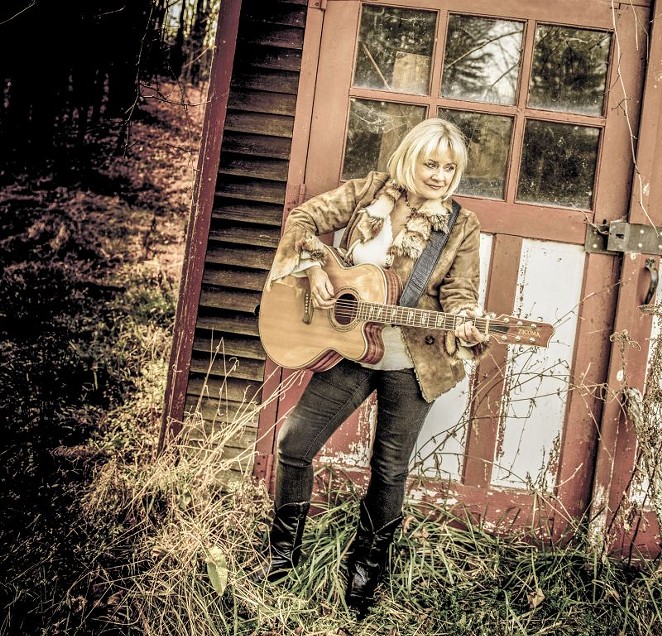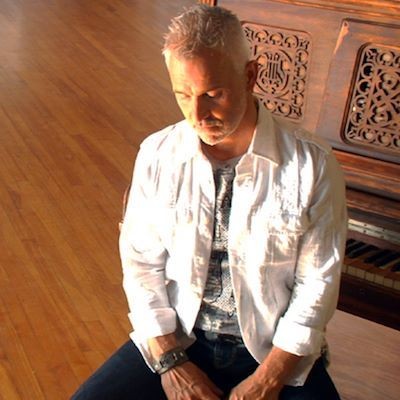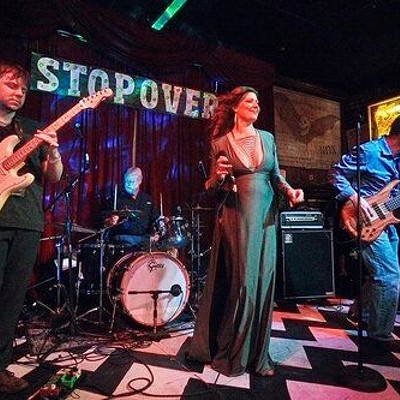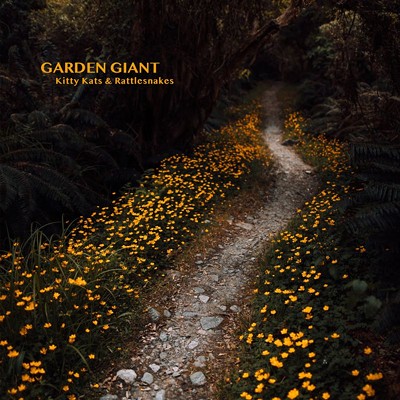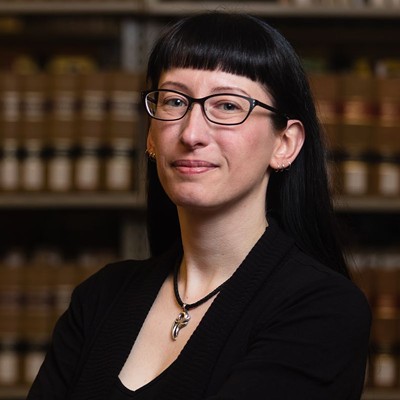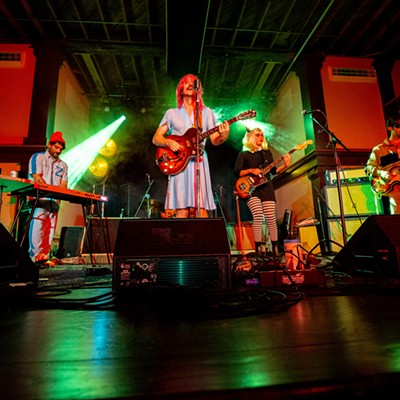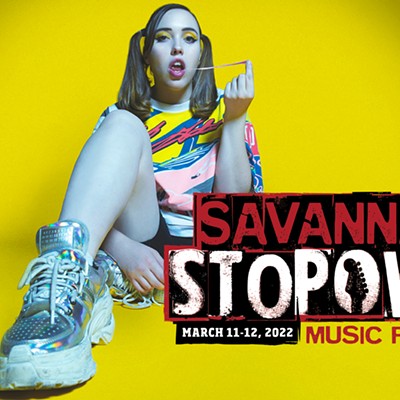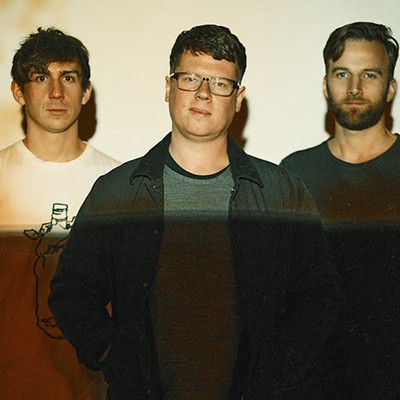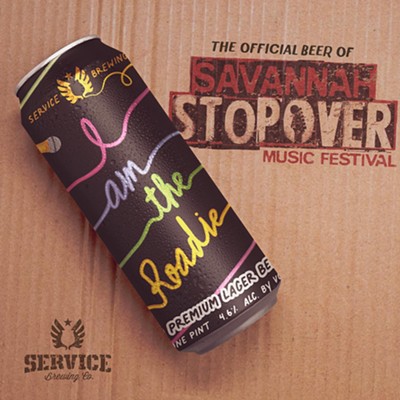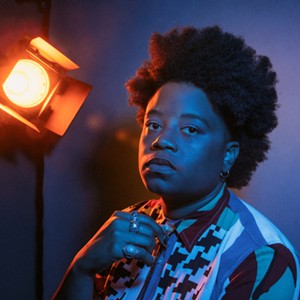Singer and songwriter Claudia Nygaard has been making music her mission for years now, but the last few in particular have been quite fruitful for the Nashville-based artist. She’s won songwriting competitions, toured internationally, and carved a place for herself in the world of prolific and nomadic musical storytellers.
Nygaard, it turns out, is no stranger to Savannah—she’s been coming here for years, and has considered it something of a second home. For the last few years, she’s been performing in town as part of the Savannah Folk Music Society’s First Friday for Folk Music series at First Presbyterian Church. She returns to town for another First Friday on Dec. 6, and we chatted with her prior to her performance.
You’ve played here before, right?
Yeah! I think this is my third time playing the Folk Society show. I used to date a guy who was from Savannah, and at the time his mother was still alive so I used to come down quite often. It’s kind of become a second home town [laughs]. As musicians, you’ll hear, “Oh yeah, it’s one of my hometowns” a lot.
Oh, definitely!
I’ve been in Nashville for decades, but I’m from California and lived in L.A., and I used to live on Cape Cod. When you’ve lived somewhere, or when you’re young and you play the off season in Colorado or Florida for four or five months, you end up having roots there. You learn how to drive around [laughs].
How did you get into writing songs and pursuing this life?
When I was a little girl, mama said I used to write her letters even though we lived in the same house [laughs]. But I think where it really comes from is that my father was an alcoholic, and I don’t think it was real safe for me to say how I felt about things. I went to Al-Anon meetings years later, for adult children of alcoholics. One of the mottos of adult children of alcoholics is, “Don’t talk, don’t trust, don’t feel.” You didn’t raise a ruckus or rock the boat, because you never knew what the reaction was going to be. So I think, for me, it was safer to put my thoughts on paper rather than say it out loud.
When I got into high school, I was like a C student up until senior year. I had this teacher, and the first day back from summer vacation he asked us to write a composition about whether or not we believed in freedom of will or fate. And the next night it was, what was our definition of happiness? I was like, “What happened to, ‘What I did on my summer vacation?’” [laughs]. It made me think. He kind of jump-started my brain, I think. I wrote my first song when I was probably 20 years old.
On a musical level, who were you listening to in those more formative years?
It’s funny you should mention that—I was just watching something on Frank Sinatra. It was his last interview at 82 years old. As a singer, I have different influences than as a writer. As a singer, Frank Sinatra and Judy Garland for sure. That American songbook, there’s nothing else like it to sing. It had that lift—you get to the chorus and it’s the big, “ta-da.”
As a writer, I probably was heavily influenced by Dylan, Joni Mitchell, and The Eagles. I was a Jimmy Buffett fan. I thought he was very fun. But the two greatest influences on me as a songwriter would be John Prine and Guy Clark.
Both are amazing! I discovered Guy Clark in my early teens, I think.
That’s when I would’ve discovered him as well. I heard, “Desperados Waiting For A Train,” and I was just slackjawed. I said, “Oh my god, this guy wrote a song about my dad and he didn’t even know him!” [laughs].
In your bio you noted having a run-in with John, and you were talking about your respective careers. You remarked jokingly that you were playing much smaller venues than him, and he responded by saying you were still successful because you were playing music for a living. I thought that perspective was amazing and important.
I was in Wisconsin last week, and there was a guy telling me about someone who’d been on The Voice, and he stayed on for a while. He didn't win, but he thought he was going to, and after he got off and didn't win he just collapsed, basically. He was very morose and very depressed, and wouldn't leave his house. I thought, "Man, if that's all you've got then you might as well hang it up now. Because it's not going to get any easier!"
You have to feed your soul far more than the pocket. It’s not about fame, and it never was. This interview with Sinatra, he was talking at 82 about trying to get better [laughs]. For me, it’s not that I’m worried about people not liking me. I could rest on my laurels and not anymore songs, but for me it’s the challenge. What can I do today that I couldn’t do yesterday.

